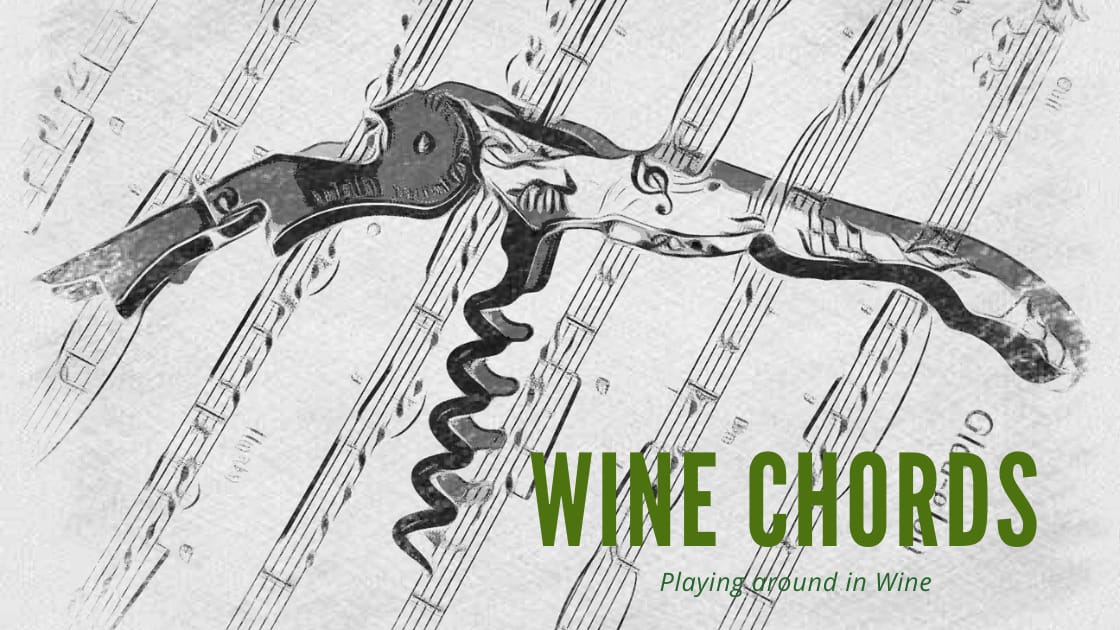Soave signifies something soft and mellow. This area itself is not especially dramatic either. But the geography is capable of showing big differences in expression. And garganega, the most prominent grape in the area, is a very successful interpreter of these different terroirs. For me, both aspects were clearly demonstrated for the first time, in a guided tasting during the VinItaly fair in nearby Verona some years ago.
Vigne della Brà (photo: courtesy of Cant. Filippi)
Cantina Filippi disposes of the highest vineyards in the Soave area. 400 meters above sea level might not seem enough to challenge your fear of heights, but all is relative, and these plots have an advantage over other Soave sites in terms of natural acidity. Most of their 16 hectars of vineyards were planted in the 1950s. These are divided into several crus with different characteristics.
There is a high volcanic content in the vineyard
In all vineyards organic farming is practised, and the soils are volcanic rock, limestone and clay. Filippi keeps the pergola training of garganega inherited from his ancestors. He doesn’t wish to blend garganega with more acidic grapes, as he more appreciate a saline form of minerality. Having said this, 6 g/L isn’t that low either.
The wine was fermented with native yeasts is stainless steel, and it stayed on fine lees for around one year. Not filtrated.

Vigne delle Brà 2013 (Cantina Filippi)
Light yellow. Mature apple and some citric notes in the aroma, some nuts and saline minerality. Round and mellow in the mouth, a slight bitterness in the finish.
Price: Medium


